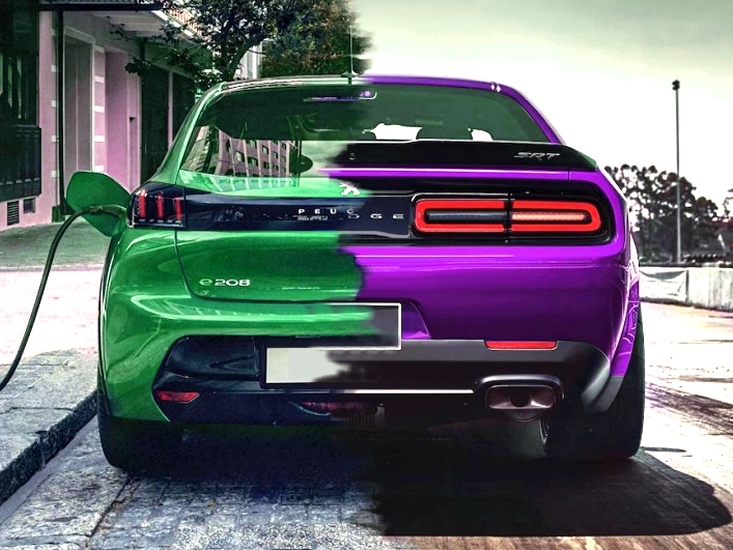Fiat-Chrysler (FCA) and Peugeot (PSA) merger claims to retain all brands
An agreed merger between Fiat Chrysler Automobiles and the PSA Group will create the world’s fourth-largest car company based on sales, as announced a week ago. And it is claimed that all the brands under the two groups will be retained.
The two European firms last week announced their intention to create a new entity owned 50/50 between the two but led by PSA’s CEO, Carlos Tavares. PSA will also appoint six board members against five for FCA, effectively giving the French side control over future decisions.
According to a report by Automotive News Europe, PSA CEO Carlos Tavares said that both PSA and FCA have no plans to ax any of the brands under their belt as a result of the US$ 50 billion merger.
That means all of the 13 automotive brands will soldier on under the new PSA-FCA alliance, which includes Peugeot, DS, Citroen, Opel, Vauxhall, Alfa Romeo, Abarth, Fiat, Chrysler, Dodge, Jeep, Ram, Lancia and Maserati. Ferrari, formerly under FCA, was spun off as a separate company in 2016 to raise money for the Italian-American conglomerate.
The new Italian-French-American combination together sold 4.2 million vehicles in the first half of this year, behind the Volkswagen Group, Toyota and the Renault-Nissan-Mitsubishi Alliance but ahead of General Motors and Hyundai-Kia.
Despite being very profitable, FCA had been desperately chasing a merger for years in the hopes of controlling spiralling development costs, considering most of their well-to-do products are a decade old and surviving on hype, while other manufacturers have made massive strides in EV and autonomous tech. FCA’s merger ask has been rejected by several other carmakers time and again, most recently after talks with Renault publicly collapsed earlier this year.
But despite all the positive talk, it is unlikely that all brands will survive over the next few years, and their underfunded premium offerings Alfa Romeo and Maserati are most likely to feel the pressure.
As for the Middle East market, not much will likely change for the average consumer. Sketchy-historied Italian and French cars aren’t widely accepted around here for obvious reasons, and a combination of the two won’t magically change that. The American brands have a tough time as it is.

Comments
Mircea
I think better than yesterday , having another confirmation that the japanesse cars are the best , and no necessary to make join ventures like west europeans and americans capitalists to save theyr behinds .
Leborde
Agree, even if I’m happy for my industry. For once, France is not being eaten alive.
Also agree that Italian cars are probably the most fragile: it’s not abnormal to change a T-belt on an Alfa at 60k…
And about Maserati & reliability… sounds like the beginning of me telling a joke.
DS could takeoff here, if only they had bigger engines.
VoiceOfReason
Europeans ARE Capitalists and Asia would be falling completely apart had it not introduced elements of Capitalism to prevent utter ruin. You are aware that the United States’s economy is still, to this day, larger than China’s, despite having a population roughly one quarter the size, yes?
FYI – most Arabs live in a Capitalist economy.
Jim Little
Hello , well the saying “that which goes around comes around. I’m a former employee of
American Motors Sales Corp
Fiat Motors of N.A
Lab is Motors
Peugeot Motors of NA
I’m 73 years old and feel like 45. I wish all much success, all of these companies I enjoyed many
years.
Thanks,
James Little
Jim Little
Correction,
La Is Motors should be
Lancia Motors